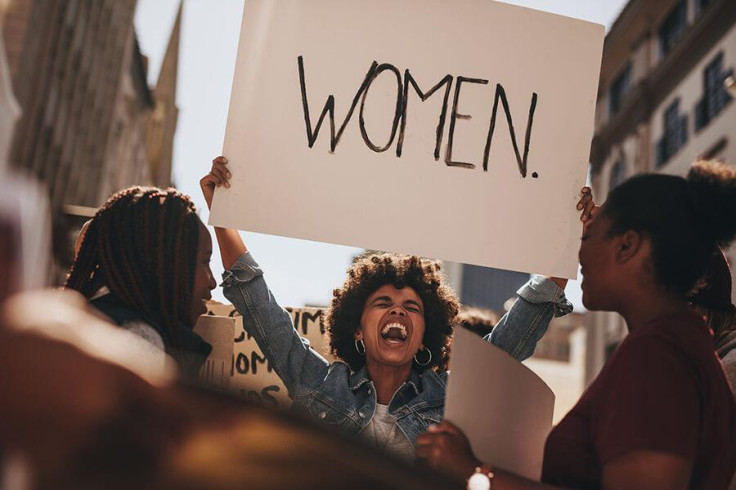
According to new research by Bloomberg, two European countries have zero female CEOs listed.
The study highlighted which nations on the continent lack female representation, and it named Ireland and Luxembourg as the two countries without female business leaders.
The controversial findings came as a reminder to boost women's roles in business. They exposed that Europe has a long way to go until women have equal opportunities in high-earning jobs.
"Only two European Union states have no women leading any of its listed companies, said Bloomberg Researchers Olivia Fletcher and Jonas Ekblom. "Almost every other EU country, except the small state of Luxembourg, has at least one woman at the top of a listed company."
"Ireland has become one of only two European Union states to have no women leading any of its listed companies, in a setback for a country that has become known for achieving rapid social change in recent decades," Fletcher and Ekblom added.
According to the report, "the picture isn't much brighter across the EU for women in leadership positions", with large stock exchanges proving to have "less than a handful of female CEOs."
In Ireland, home to a population of five million, the retirement of Margaret Sweeney, the chief executive of Irish Residential Properties REIT, marked the first time in more than a decade that men are leading all 31 companies listed on Euronext Dublin.
"Right along the scaling escalator, we have specific strategic initiatives to support and ensure that the correct policies are in place to encourage a pipeline of strong female managers and female founders to come through the ecosystem," explained Jenny Melia, the executive director at Enterprise Ireland, the nation's government business agency. "There certainly is a big focus on it here in Ireland."
While the research exposed a staggering lack of gender equity at the leading companies listed on Ireland's exchange, the businesses belonged to industries stereotypically described as masculine, including construction.
According to the country executive of the campaign group 30% Club, which sets out to boost female representation on company boards, the workplaces dominated by male CEOs were traditionally male-heavy, said Gillian Harford.
"Where the represented base is already small, sustainment has to depend on succession planning, and that's where we see the gender power gap becoming most prevalent," Harford added. "Until we achieve constant focus on succession and gender balance across all functional roles and remove or reduce the gender power gap, it will be a challenge to maintain momentum on gender progress at the CEO level."
Referencing a study conducted by the European Institute for Gender Equality, Bloomberg also exposed a broader trend: less than 10 per cent, eight per cent, of CEO positions at the top companies across the EU-28 were held by women last year.
The US's representation of female CEOs proved slightly better, with just 10 per cent of listed companies on the Fortune 500 showcasing female executives in 2023, according to Fortune.
While researchers have suggested that board diversity and gender equality in leadership positions are improving, most companies worldwide do not highlight women in the top job roles.
While the Bloomberg research urged Scandinavian countries to host more female CEOs, this year, a study conducted by PR company Reboot Online revealed that Norway is the best nation for female workers.
In the analysis, Norway scored 7.1 out of 10, followed closely by Iceland, which scored 6.53. Finland won a score of 5.03 out of 10, and the Netherlands came fourth, obtaining an overall score of 5.49.
Although it has a progressive reputation, in the Scandinavian region, home to countries of a similar size to Ireland, women were scarce in leading positions.
Earlier this year, it was announced that Sweden's main OMX Stockholm 30 index was home to just one female CEO after the country saw a series of resignations among women in top roles.
The women leaders who joined the resignation trend included the CEO of fast-fashion giant H&M AB, Helena Helmersson and Chief Executive Alison Kirkby, who worked for the telephone carrier Telia AB.
Since their resignation, the companies have replaced their leading vacancies with male employees.
In a bid to boost the number of women in leadership positions, the European Union has made it compulsory for non-executive boards of listed companies to consist of women.
In Ireland, the government has since set a target to increase the number of women on boards by the end of 2023, currently set at 33 per cent.







